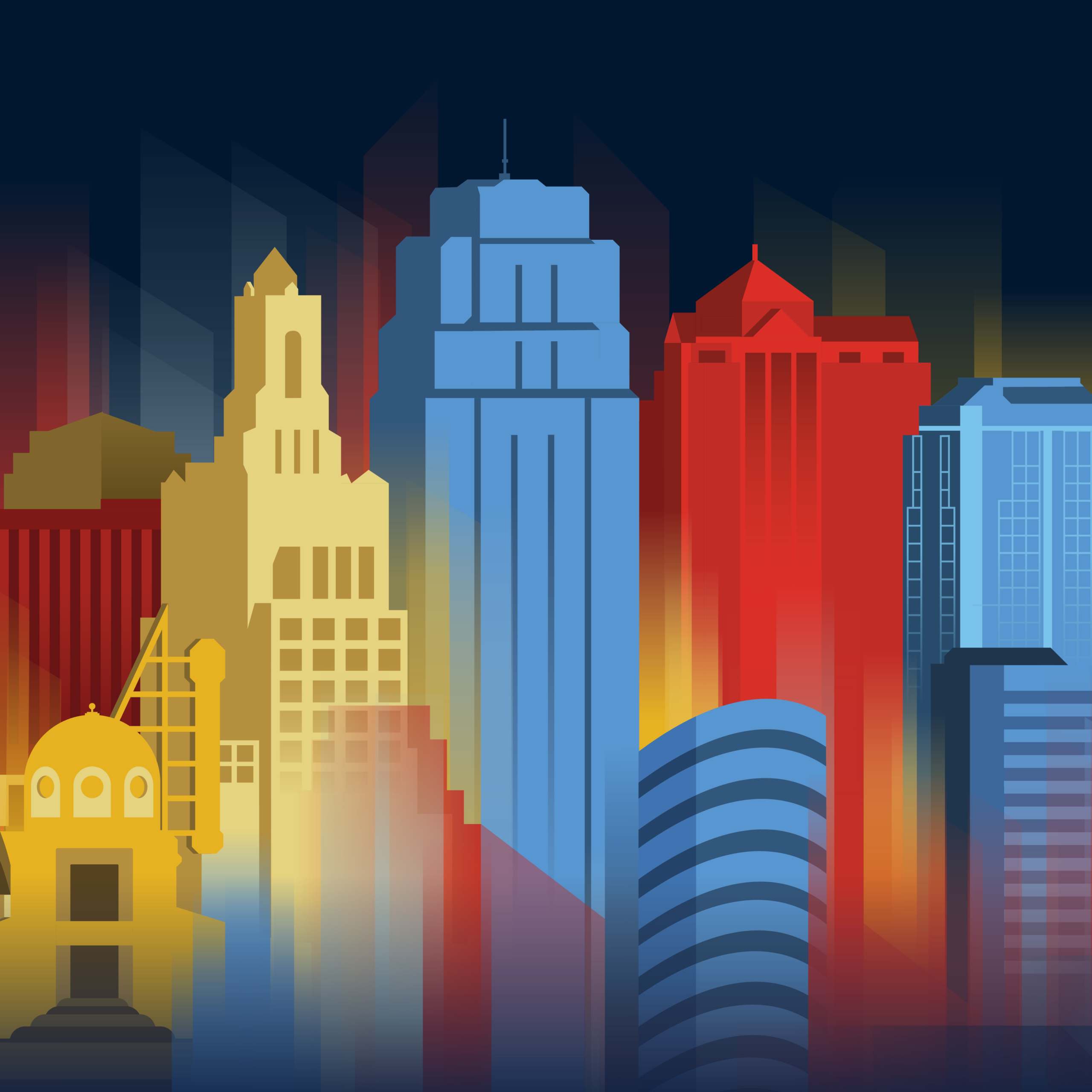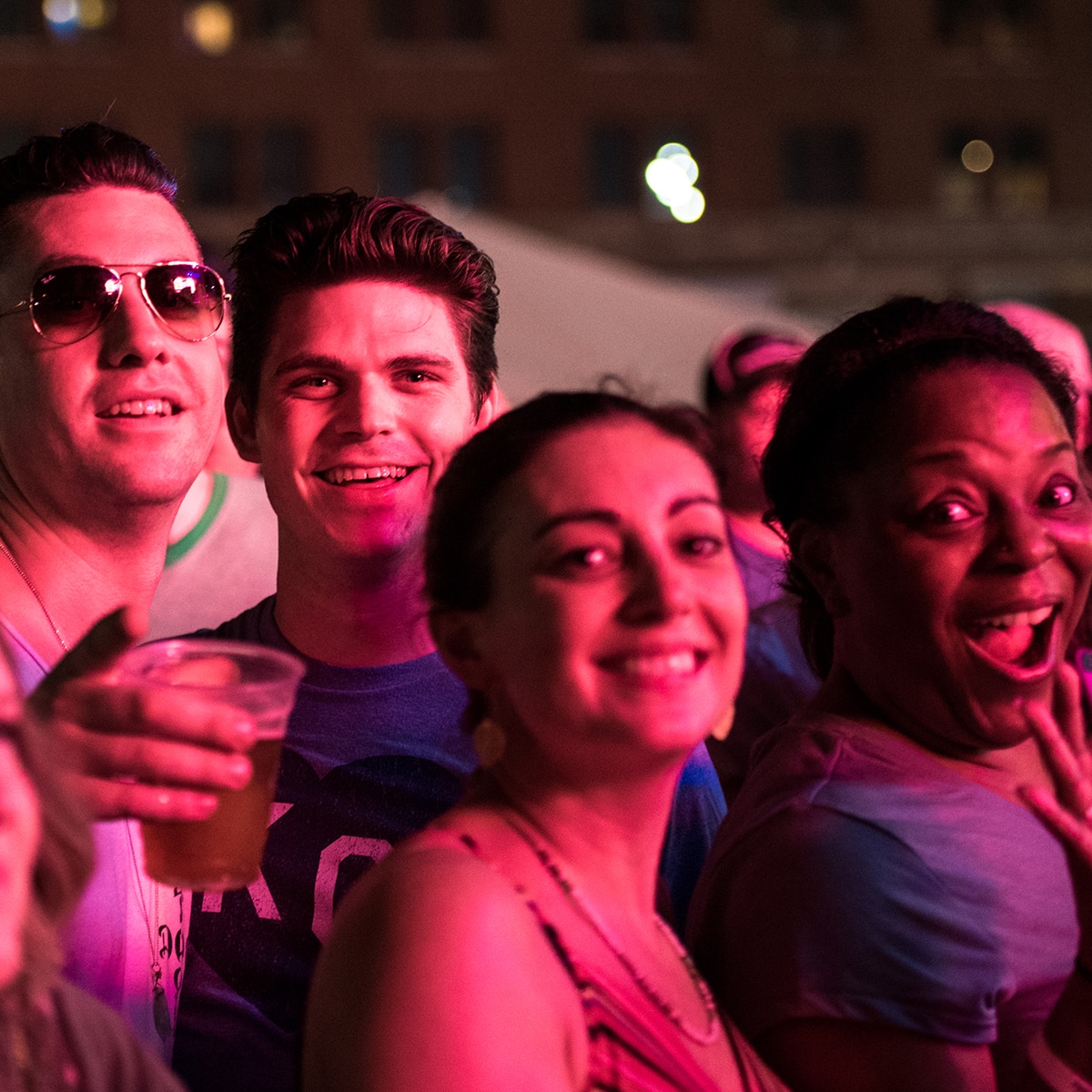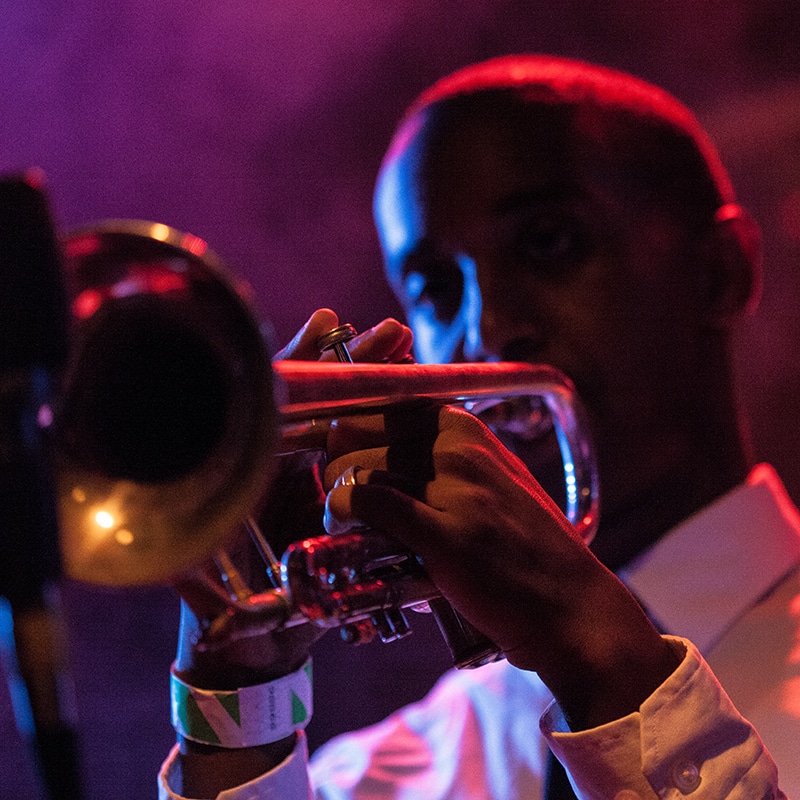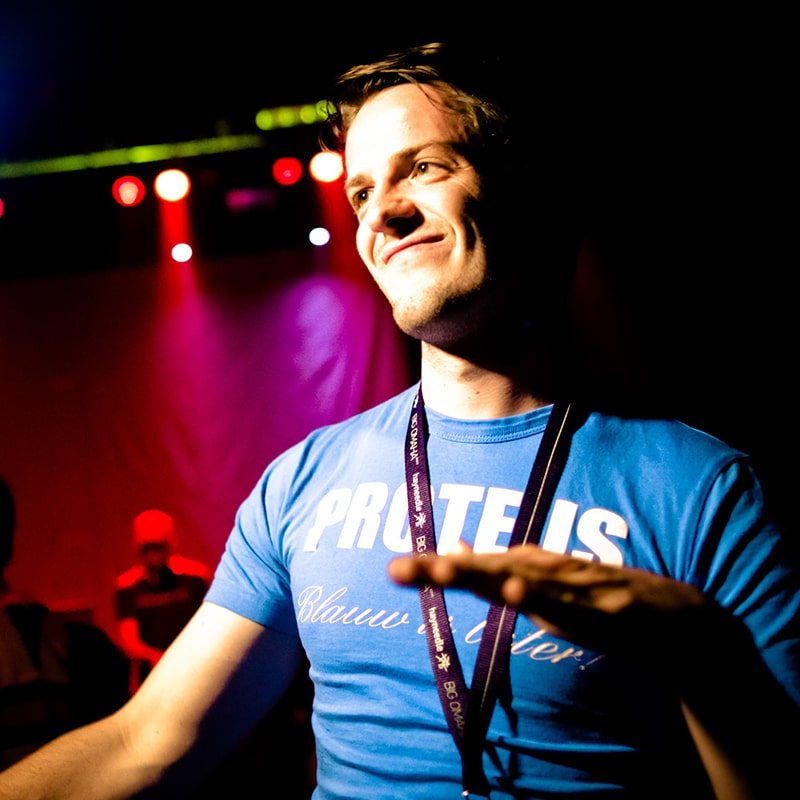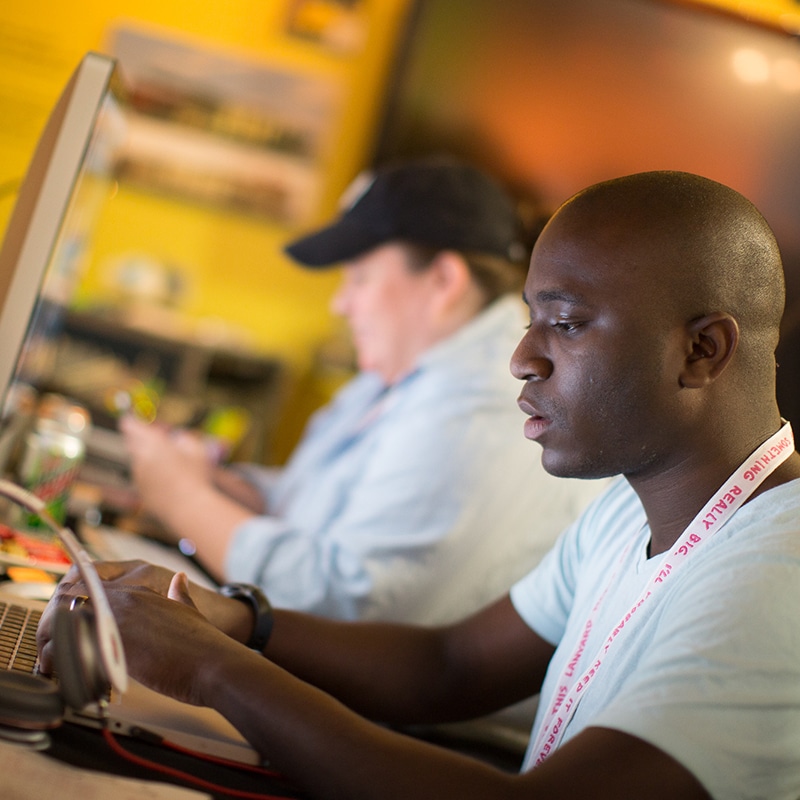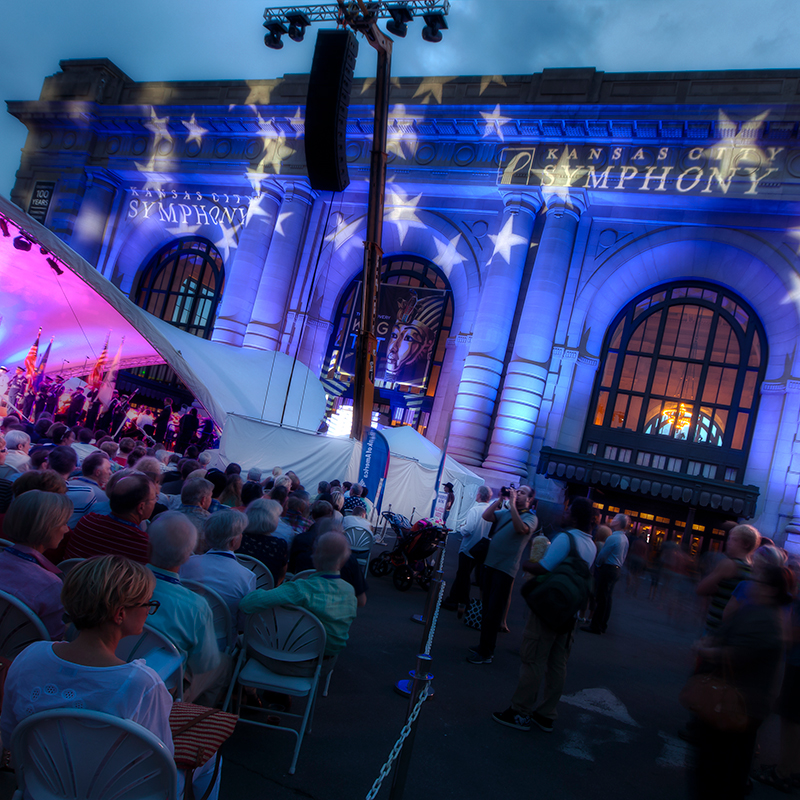Downtown Kansas City
Downtown Kansas City is the region’s largest employment center blended with the fastest-growing residential neighborhood in the metropolitan area creating a vibrant, mixed-use district with endless opportunities for social connection. Today, Downtown is the very best place for people and businesses to connect with each other. It occupies the most central location in the region and is home to the highest concentration of spaces where people can come together to collaborate and connect.
Why Downtown?
Fastest-Growing Neighborhood
Downtown Kansas City has converted more than 40 buildings into housing, creating the largest downtown residential population in the Midwest. Downtown has been the fastest-growing neighborhood of both Kansas City and the entire region for the last two decades as the population has increased 139% since 2000 to more than 32,000 residents.
Vibrant Environment
Downtown neighborhoods are bustling with all manner of social activity. Restaurants and nightlife have returned; attendance at arts, theater, and cultural venues has rebounded; our sports arenas are full. These social and connective functions within a walkable environment are precisely why businesses and residents continue to be attracted to Downtown Kansas City.
Millennial Hub
Downtown’s live-work dynamic makes it a magnet for young, highly-skilled workers seeking a thriving urban lifestyle. Millennials make up 52% of Downtown’s residential population – the largest concentration in the region, outpacing the MSA’s rate of 29%. Millennials and Gen Z account for 64% of Downtown’s population.
Exceptional Talent
Employers in Downtown Kansas City recruit from one of the youngest, most educated workforces in the region. Fifty percent of Downtown’s residential population has a bachelor’s degree or higher compared to the MSA’s rate of 36%, making it home to the highest concentration of highly-skilled workers in the region.
Downtown Investment
More than $9.8 billion in major developments have been completed or are currently under construction
Downtown Visits
In the past 12 months, 5.4 million unique visitors have visited Downtown more than 42 million times
Downtown Employees
Downtown is home to more than 122,000 employees and 26.5 million square feet of office space
Downtown Residents
Downtown is home to more than 32,000 residents with a projected growth to 40,000 residents by 2030
Development Reports
Downtown Kansas City has charted the course of mixing live and work together in a compact, walkable setting – transforming from a 9-to-5 office district into a modern, mixed-use neighborhood. More than $9.8 billion in major developments have been completed or are currently under construction since 2005.
Market Reports
Downtown is the fastest-growing residential neighborhood of both Kansas City and the entire region. A thriving arts scene, as well as new restaurants and retail, have significantly added to the vibrancy and exponentially increased the volume of pedestrians on Downtown sidewalks throughout the day and into the night.
Leasing Activity
Downtown Kansas City offers more than 26 million square feet of premier office and coworking space; a young, educated workforce; and a vibrant tech and health sciences scene. Pair that with a vibrant, walkable, and mixed-use neighborhood – rich with restaurants, housing, trails, parks, and free transit – and you’ve got the destination of choice for businesses seeking to attract and retain talent.
Contact

As you consider the future location of your business, we’re extending the strength of our community – a vibrant live-work dynamic where residents and employees have quick access to jobs, entertainment, and amenities. Please contact Tommy Wilson, Director of Business Recruitment & Research, at tommy@downtownkc.org and let us how we can best support you in your relocation.
Downtown Council of Kansas City
1000 Walnut, Suite 200
Kansas City, MO 64106
816.421.1539
